CUltural Mastery
The Cultural Mastery quadrant is the internal domain of the collective or group – the team, division, organisation and the realm of shared purpose & values, relationships and trust.
If you are a theorist, you will be thinking Graves, Beck, Kegan, Cowan, Kuhn, Gebser and many more.
The business case for the impact of culture on delivering strategy and performance is solid and watertight. The research clearly demonstrates that if organisations want results, the place to leverage this is culture.
There are many definitions of culture; some of these refer to patterns of beliefs, behaviours, rituals, artefacts, common vernacular and complex sub-conscious / unconscious processes. Culture is also described as the collective mindsets consciously and unconsciously adopted by groups as they seek to identify and fit into their organisations. The simplest definition of culture is ‘the way we do things around here’
Often felt by your team members, customers and stakeholders, but difficult to observe and classify, in this quadrant we are seeking answers to critical questions including:
Do we have a clearly articulated shared purpose that tells us why we exist? (and, by definition, this purpose is not measurable) If so, how does it drive what we do?
What collective beliefs and values are evident in our organisation?
How well have our values been described behaviourally so we all know what each value looks like, as well as what each value does not look like?
How do these values and behaviours support the delivery of our Purpose, vision, strategy and goals?
What stands out when our internal and external stakeholders describe our culture?
How well is our culture unambiguously aligned with our organisational intent and strategic direction?
How do we diagnose which stage of cultural evolution we operate from currently and therefore where we aspire to be in the future?
To what degree do we have clarity on the cultural enablers and inhibitors of our organisation’s performance?
The Cultural quadrant (see graphic below) in our Ascension Architecture shows the stages of cultural evolution.
It is important to note that there is nothing ‘bad’ or wrong’ with the earlier stages of cultural evolution. Indeed, as with all forms of evolution, the earlier stages are a necessary prerequisite to more advanced stages. To borrow from Integral theorist Ken Wilber’s analogy, think of the progression from atom to molecule to cell to organism – each stage must include, embrace and transcend the previous stage. This is a natural and necessary hierarchy where the previous stage is nested within the more mature stage.
The potential danger (to survival) in organisational life is the tendency to get ‘stuck’ at a particular stage particularly when the external environment (markets, customers, stakeholders, technologies) is demanding change and adaptation. Again referring to Wilber, this ‘stuckness’ can take the form of either addiction or allergy to a particular stage. In the case of addiction, at the Performance stage for example, this could look like an unhelpful predominance of internal competition / win at all costs / dog eat dog type of mindset and behaviour. This in turn, could give rise to an allergic reaction to leaders’ capacity to collaborate which is obviously an element of the next stage of cultural evolution.
In the Cultural Mastery quadrant, we offer the following solutions:
Cultural Surveys and Organisation Diagnostics.
Cultural assessment surveys (eg Human Synergistics, Competing Values Framework).
Design and delivery of bespoke cultural and “temperature” surveys.
Focus group design and facilitation.
Interview based diagnostics.
Vision, values, ethics program development and delivery.
Design, development and delivery of integrated approaches to facilitate and align organisation vision, values and ethics initiatives to support an organisation’s strategic intentions.
Cultural Audits.
Design and conduct audits to assess the alignment and integration of organisational activities with its strategic intent.
Cultural Change Programs.
Design and delivery of programs and initiatives in response to opportunities and issues identified in surveys.
Integration of existing survey materials.
Review of existing survey results (conducted by any vendor), to identify and recommend responses, developing programs and initiatives as required.
Cornerstone Integral Leadership Mastery program. This series of programs provide leaders at all levels with the understanding of how relationships and cultural mastery contribute to the ability of leaders to develop organisational mastery. Tell me more....
Our programs and interventions are designed to deliver the following outcomes:
Organisational alignment linking strategic intent with the culture of your organisation.
Clarity on the cultural enablers and inhibitors of your organisation’s performance.
Alignment of your organisation Human Resources and Organisational Development initiatives with the desired cultural characteristics of your organisation.
Teams and employees within the organisation feel aligned.
For more information please contact us.


